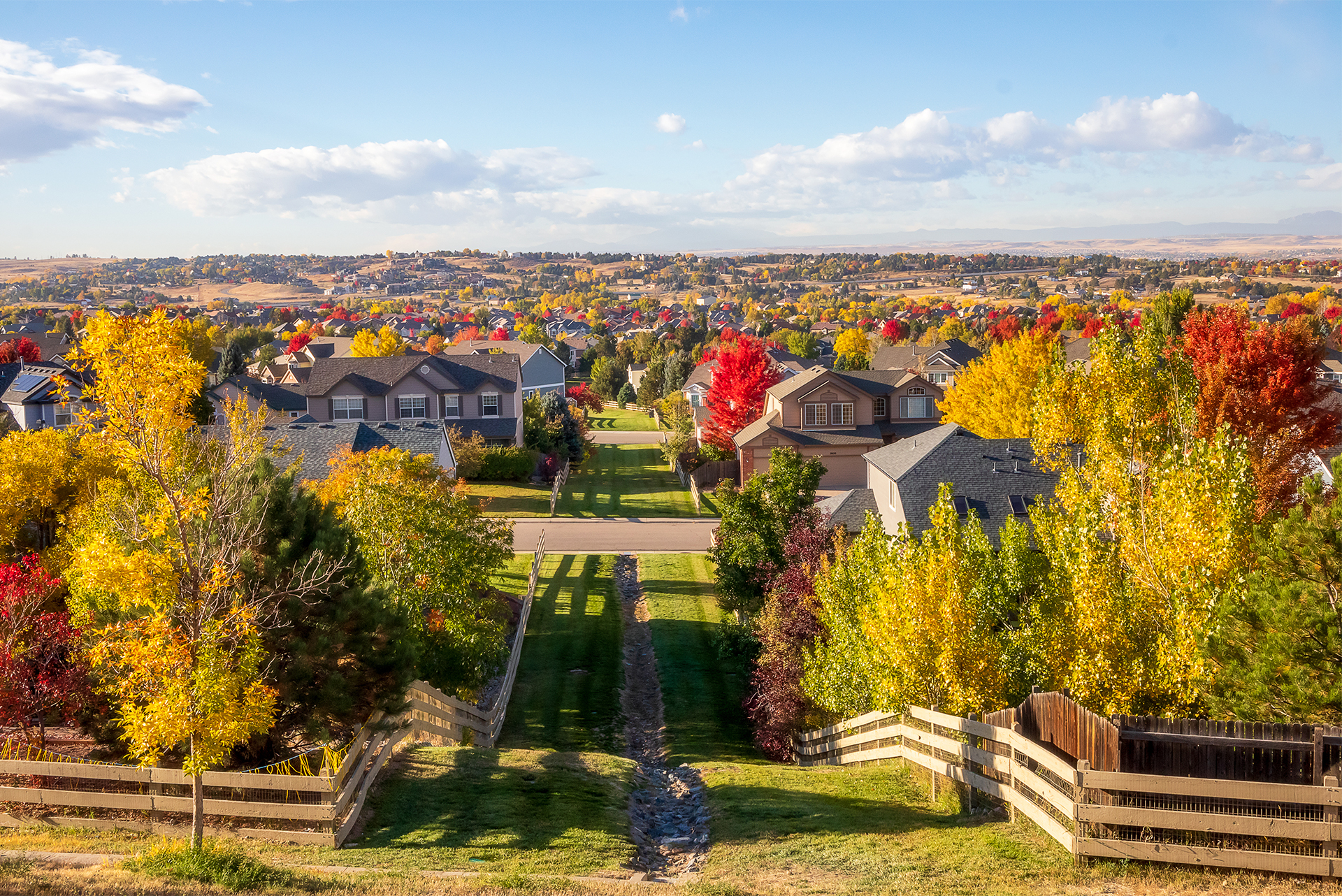What is the Colorado Roofing Market Like?
What is the Colorado Roofing Market Like?
The Colorado roofing market is expected to be around $2.2 billion in 2024, with continued growth projected. Here’s a breakdown of some key factors:
- Market size and growth: Colorado’s roofing industry is substantial, reaching an estimated $2.2 billion in 2024 and showing signs of further growth.
- Impact of 2023: Material shortages, especially asphalt shingles, were a major hurdle in 2023 due to a combination of factors including increased demand from hailstorms, housing boom, and hurricane damage in other parts of the US.
- Post-shortage situation: It’s not clear if the shortage situation has completely resolved in 2024, but hopefully it’s improved compared to last year.
What types of roofs can be found in Colorado?
Colorado’s diverse climate with elements like hail, snow, and strong winds influences the type of roofs you’ll find in the state. Here are some common roofing materials:
-
Asphalt Shingles: The most popular and affordable choice. They offer decent durability but may not last as long as other options in Colorado’s weather.
-
Tile Roofs: Clay and concrete tiles are popular for their longevity, fire resistance, and aesthetic appeal, especially in Spanish-style architecture.
-
Metal Roofs: Highly durable and long-lasting, metal roofs can withstand hail and strong winds well. Stone-coated metal roofs are a popular option as they combine the strength of metal with the look of traditional tiles.
-
Flat Roofs: More common in commercial buildings, flat roofs require specific materials and maintenance to prevent water pooling and damage.
Is there a lot of roofing damage from natural disasters in Colorado?
Yes, Colorado is prone to weather conditions that can cause roofing damage. Here’s a breakdown of why:
-
Hail: A significant culprit, Colorado experiences frequent hailstorms, particularly in the spring and summer. Hailstones can cause punctures, cracks, and dents in various roofing materials, including asphalt shingles, tiles, and metal.
-
High Winds: Strong winds are common throughout the state, especially during winter and spring. High winds can rip off shingles, loosen tiles, and damage flashing around roof penetrations like vents and pipes.
-
Snow: Colorado’s heavy snowfall can put a strain on roofs. The weight of accumulated snow can lead to roof collapse, especially on flat roofs. Additionally, ice dams caused by uneven melting can cause water to back up under shingles and lead to leaks.
These weather events can cause significant damage to roofs, leading to a high demand for roofing repairs and replacements in Colorado. Here are some additional points to consider:
-
Location Matters: The severity of weather and the resulting roofing damage can vary depending on specific locations within Colorado. Areas like the Front Range mountains might experience more frequent high winds and snow compared to the eastern plains.
-
Roof Material Impact: The type of roofing material also plays a role. Metal roofs tend to be more hail-resistant than asphalt shingles, while slate or tile roofs can be more wind-resistant.
What type of license do I need to legally build roofs in Colorado?
Colorado differs from many states regarding roofing licenses. Here’s the key takeaway:
- No Statewide License: There’s no requirement for a statewide roofing contractor license in Colorado.
However, regulations shift to the local level:
- Local Licensure or Permits: You’ll need to acquire a license or permit from the specific city or county jurisdiction where you’ll be working. This applies to both roof installation and repair.
Here’s why checking locally is crucial:
- City vs. County Requirements: Processes and requirements can vary between cities and counties. Some larger cities might have mandatory contractor licenses, while rural areas might focus on permits.
To ensure compliance, it’s best to contact the building department in the city or county where you plan to build the roof. They’ll provide the specific requirements for obtaining a license or permit.

See how much roofing knowledge you have with our Free Colorado ICC F14 Roofing test:
Pass your Colorado ICC F14 Roofing Exam today with our tests
NEC 2023 Practice Test
NEC 2023 Practice ExamPass your Electrical License Exam with ConfidenceAre you preparing for...
NEC 2017 Practice Exam
NEC 2017 Practice ExamPass your NEC Exam with ConfidenceAre you finding yourself overwhelmed...
ICC G11 Pearson Vue Practice Exam
ICC G11 General Contracting Practice ExamPass your ICC G11 GC Exam with ConfidenceAre you...
ICC F11 Practice Exam
ICC F11 General Contracting Practice ExamPass your ICC F11 Exam with ConfidenceFeeling...
ICC T16 Master Electrician Free Practice Exam
ICC T16 Master Electrician Free Practice ExamPass your Master Electrician Certification Exam with Confidence[site_reviews_summary...
ICC T17 Certification Practice Exam
ICC T17 Journeyman Electrician Certification Practice ExamPass your ICC Electrical Certification Exam with Confidence[site_reviews_summary...
NFPA NEC 70 Practice Questions
NFPA 70 NEC 2020 Practice ExamPass your NFPA 70 Certification with ConfidenceElectrical...
ICC F11 Free Practice Exam
ICC F11 Free Practice TestPass your ICC F11 Exam for Free!Preparing for your ICC F11 exam?...
Residential HVAC License Free Exam
Modern Refrigeration and Air ConditioningFree Practice Exam Pass your HVAC License Exam with Confidence[site_reviews_summary...








